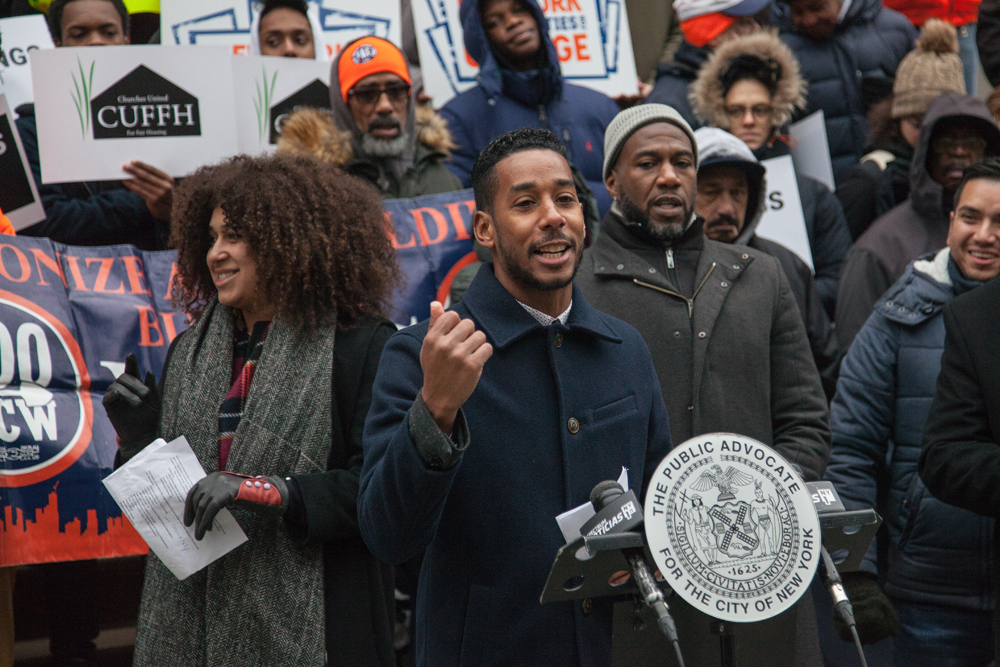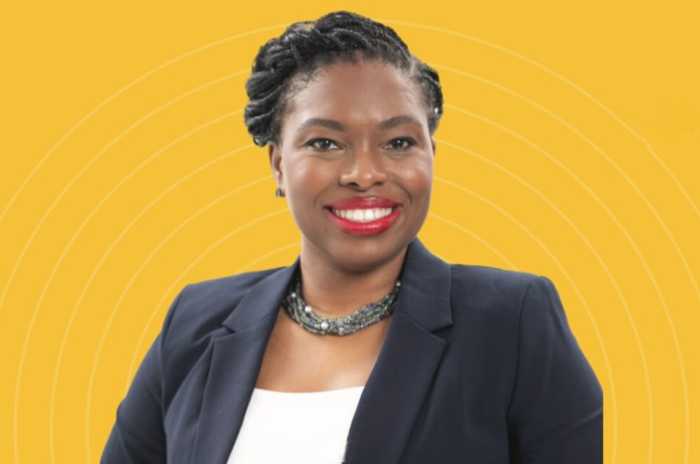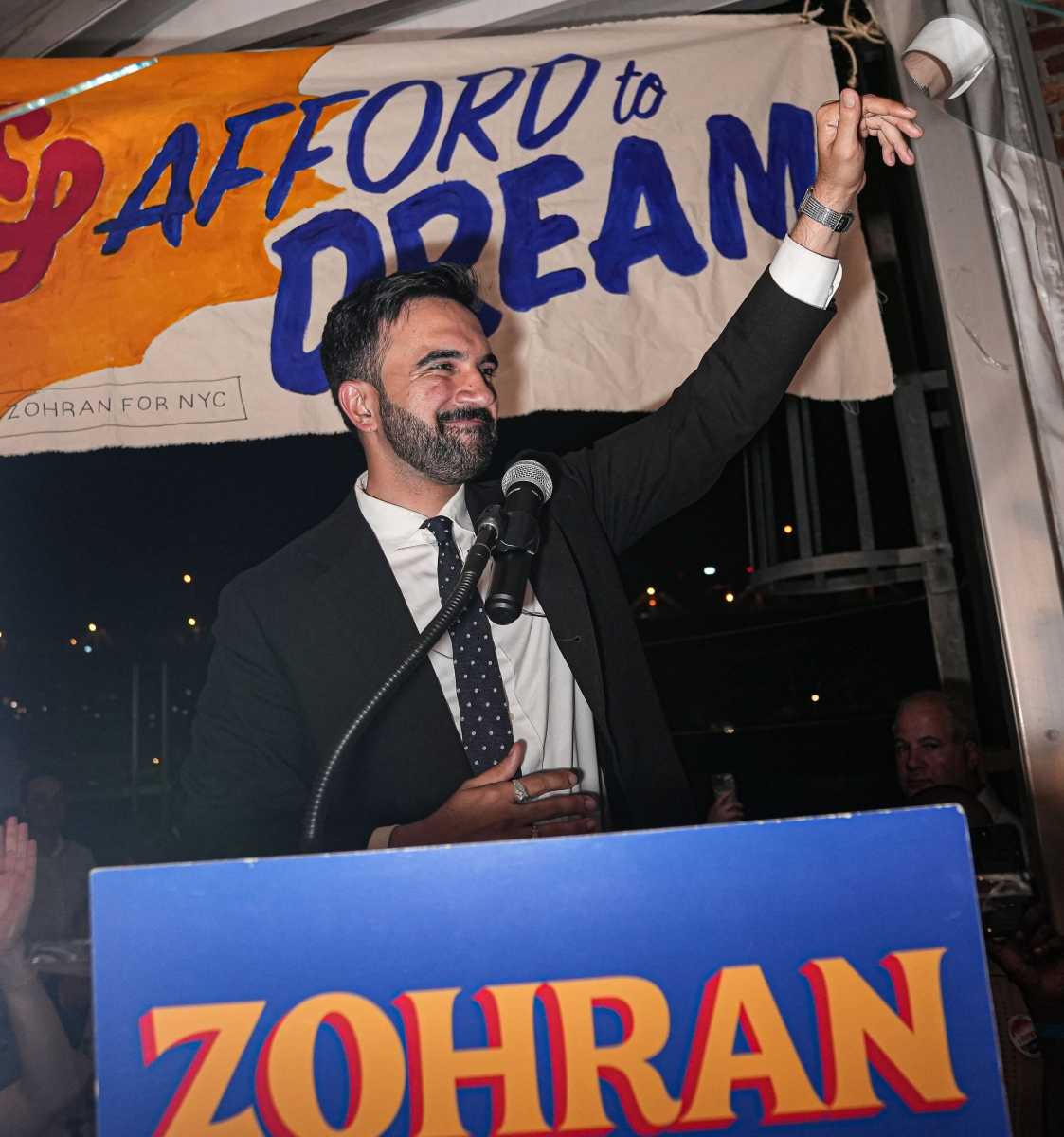Councilman Antonio Reynoso joined Public Advocate Jumaane Williams, state Senator Julia Salazar and Chair of the Land Use Committee Rafael Salamanca Jr. to demand that the City Council pass a bill that would mandate a racial impact analysis in connection with any rezoning citywide.
The community groups spearheaded by Bed-Stuy-based organization Churches United for Fair Housing rallied around the release of a report on Tuesday that calculated the racial displacement following two Brooklyn rezonings in the early 2000s.
It found a decrease of about 15,000 Latinx residents in Greenpoint and Williamsburg between 2000 and 2015 despite a population increase of over 20,000 during the same time period and a decrease of about 5,000 black and Latinx residents in Park Slope between 2000 and 2013 despite overall population growth of over 6,000.
“City rezonings should be more like medicine advertisements than anything else. City rezonings are great but common symptoms are displacement, racial segregation, increased housing rental cost, speculation and segregation in our schools,” Reynoso said.
Reynoso asserted that City Hall hasn’t passed Intro 1572, the bill that Williams proposed to require racial impact studies, because it will confirm what is already common knowledge: that black and brown poor people are most negatively affected by rezonings.
Salamanca pointed out that these problems are not unique to Brooklyn. Though Brooklyn became the locus of a housing race over the past two decades, he raised a city planning study on rezoning Southern Boulevard in his South Bronx district as an example of the city’s focus on creating more housing density in the outer boroughs.
“The study of Southern Boulevard fits the criteria of other low-income largely minority areas that the de Blasio administration has rezoned: East New York, Downtown Far Rockaway, East Harlem, Jerome Avenue and Inwood,” said Salamanca.
Currently, the land use process does not have a mechanism to account for these demographic shifts before they happen, nor is there a process in the environmental review that would account for unintended consequences after the fact.
Williams condemned housing and homelessness policy under mayors de Blasio and Bloomberg as failures, and appealed to de Blasio to get on board with the law. He then floated the idea of placing a moratorium on the mandatory minimum housing requirements, “but that’s a conversation for another time.”
“If you have 70 percent market rates and 30 percent affordable, you haven’t done a damn thing but exacerbate gentrification,” Williams said.
He closed by calling on Council Speaker Corey Johnson to hold a hearing on his bill.



































